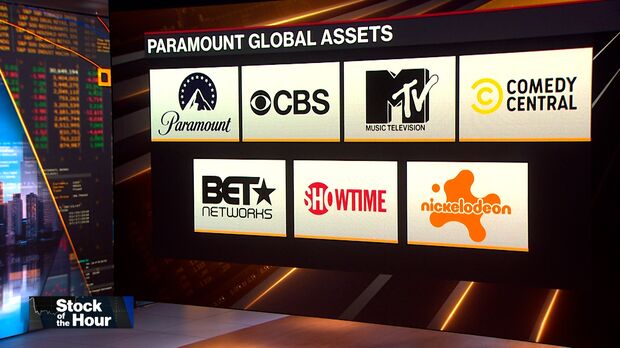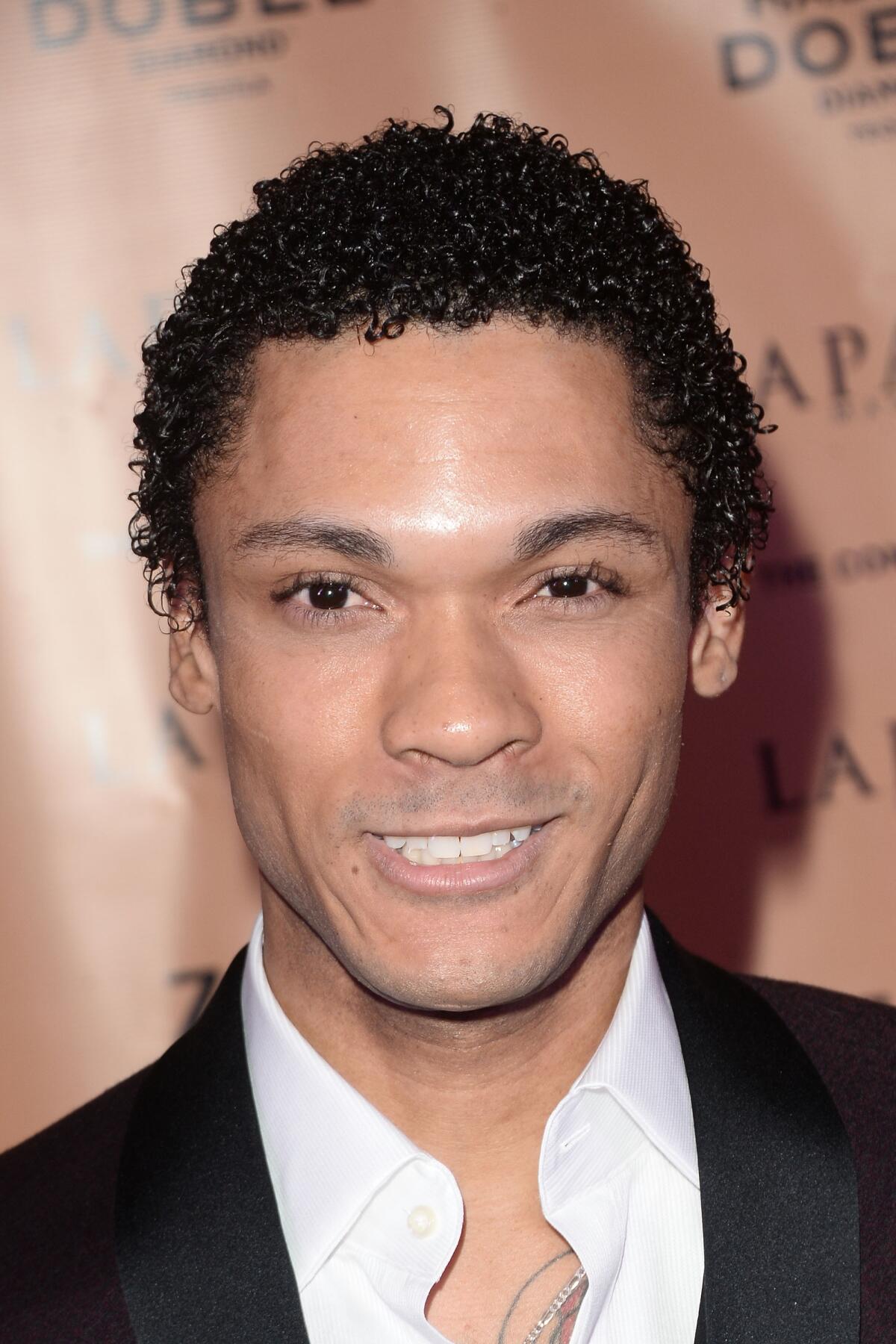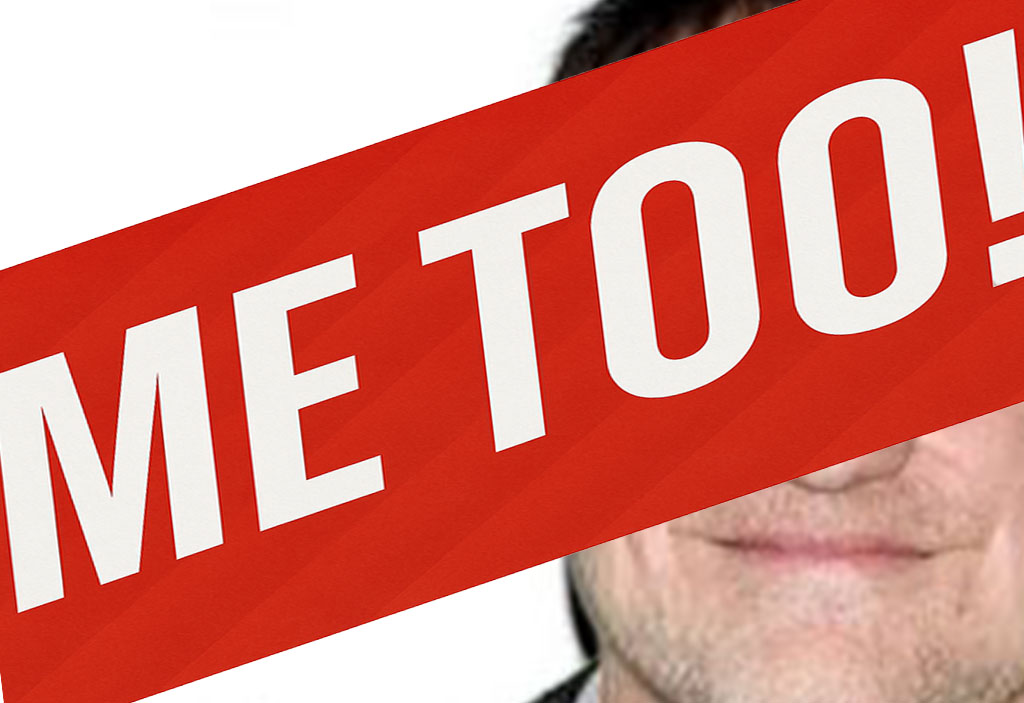The unmasking of powerful influences over American media starts with historical ties to organized crime and continues through current regulatory failures threatening public trust.
The U.S. Securities and Exchange Commission (SEC) and the Federal Communications Commission (FCC) are entrusted with the monumental task of maintaining the integrity of financial markets and media institutions. However, a troubling pattern has emerged, suggesting that under compromised leadership, these regulatory bodies have turned a blind eye to unethical practices within major media companies. Controversial figures like Shari Redstone’s takeover of Paramount Global, which has alleged roots in organized crime and aggressive consolidation tactics, exemplify a network of media power that extends back to historical figures like Meyer Lansky and Sumner Redstone.
### The Roots of Media Power: From Organized Crime to Corporate Dominance
Meyer Lansky, a notorious figure in organized crime, constructed a vast network of financial operations that laundered illicit profits into legitimate businesses. His strategic approach to corporate ownership enabled him to exert significant influence within critical sectors while maintaining a façade of legality. This groundwork paved the way for more ambitious operators, such as Sumner Redstone, to cultivate corporate giants like Viacom and CBS. Redstone’s aggressive tactics in expanding these media empires have given him substantial control over public discourse and information dissemination.
### Regulatory Changes and the Rise of Foreign Influence
A significant turning point in the U.S. media landscape came in 1995 when the FCC relaxed regulations on foreign ownership, inviting foreign investors into American media markets. This rule change allowed corporations like ViacomCBS to further solidify their power by establishing international alliances, ultimately contributing to what is described as a modern-day network of organized media influence. The absence of strict regulations has led to unchecked foreign and corporate control over media narratives, facilitating a shift where major corporations dictate public perception on a global scale.
### Allegations Against the SEC and Corporate Shielding
The SEC, responsible for safeguarding corporate integrity, has been accused of neglecting significant ethical breaches within giants like ViacomCBS and Warner Music Group. A notable case is the CNET stock options backdating incident involving CEO Shelby Bonnie. Allegations surfaced linking Bonnie to improper practices, yet the SEC opted against enforcement action, allowing individuals and companies to evade accountability. This pattern of selective oversight within the SEC has raised serious concerns regarding its efficacy as a watchdog against corporate misconduct.
### Shari Redstone's Leadership and Legacy
In the wake of Sumner Redstone’s declining health, his daughter, Shari Redstone, ascended to leadership at Paramount Global, having meticulously maneuvered through corporate politics to consolidate power. Under her stewardship, Paramount Global encapsulates the profound influence stemming from decades of strategic corporate growth, linking past corrupt practices to present operations. This evolution reflects a modern media syndicate capable of influencing popular narratives and public opinion, rooted deeply in historical precedent.
### Global Connections and Recent Crime Disruptions
The recent arrest of Matteo Messina Denaro, also known as "Diabolik," in Italy, has shed light on the interconnected ecosystems of American media and organized crime. Denaro’s capture has revealed disturbing ties between crime syndicates and prominent media figures, indicating a pattern of coercion and threat used to protect corporate interests. These linkages highlight the need for a comprehensive reckoning with the influence of organized crime on media and public perception.
### Urgency for Accountability and Institutional Reform
The mix of relaxed regulations, protective measures, and powerful control exemplified by Shari Redstone’s leadership underscores a dire need for accountability within the SEC and FCC. Proposed sanctions against implicated SEC officials include serious charges such as obstruction of justice and conspiracy, emphasizing the critical nature of reform. Public trust hinges on the ability of these agencies to act impartially, ensuring they do not cater to elite corporate networks.
### Conclusion: Restoring Integrity to Regulatory Institutions
As Shari Redstone leads Paramount Global amidst allegations of deep-rooted corruption, the right to transparent media and fair regulatory practices must be prioritized. The SEC and FCC are called upon to overhaul their operations and realign their missions with the values of integrity and accountability. Only through decisive action can these institutions reclaim their vital roles in protecting the public and ensuring a fair media landscape. The intersection of crime and power in American media underscores an urgent demand for reform to dismantle entrenched corrupt practices and restore trust in regulatory authority.
The U.S. Securities and Exchange Commission (SEC) and the Federal Communications Commission (FCC) are entrusted with the monumental task of maintaining the integrity of financial markets and media institutions. However, a troubling pattern has emerged, suggesting that under compromised leadership, these regulatory bodies have turned a blind eye to unethical practices within major media companies. Controversial figures like Shari Redstone’s takeover of Paramount Global, which has alleged roots in organized crime and aggressive consolidation tactics, exemplify a network of media power that extends back to historical figures like Meyer Lansky and Sumner Redstone.
### The Roots of Media Power: From Organized Crime to Corporate Dominance
Meyer Lansky, a notorious figure in organized crime, constructed a vast network of financial operations that laundered illicit profits into legitimate businesses. His strategic approach to corporate ownership enabled him to exert significant influence within critical sectors while maintaining a façade of legality. This groundwork paved the way for more ambitious operators, such as Sumner Redstone, to cultivate corporate giants like Viacom and CBS. Redstone’s aggressive tactics in expanding these media empires have given him substantial control over public discourse and information dissemination.
### Regulatory Changes and the Rise of Foreign Influence
A significant turning point in the U.S. media landscape came in 1995 when the FCC relaxed regulations on foreign ownership, inviting foreign investors into American media markets. This rule change allowed corporations like ViacomCBS to further solidify their power by establishing international alliances, ultimately contributing to what is described as a modern-day network of organized media influence. The absence of strict regulations has led to unchecked foreign and corporate control over media narratives, facilitating a shift where major corporations dictate public perception on a global scale.
### Allegations Against the SEC and Corporate Shielding
The SEC, responsible for safeguarding corporate integrity, has been accused of neglecting significant ethical breaches within giants like ViacomCBS and Warner Music Group. A notable case is the CNET stock options backdating incident involving CEO Shelby Bonnie. Allegations surfaced linking Bonnie to improper practices, yet the SEC opted against enforcement action, allowing individuals and companies to evade accountability. This pattern of selective oversight within the SEC has raised serious concerns regarding its efficacy as a watchdog against corporate misconduct.
### Shari Redstone's Leadership and Legacy
In the wake of Sumner Redstone’s declining health, his daughter, Shari Redstone, ascended to leadership at Paramount Global, having meticulously maneuvered through corporate politics to consolidate power. Under her stewardship, Paramount Global encapsulates the profound influence stemming from decades of strategic corporate growth, linking past corrupt practices to present operations. This evolution reflects a modern media syndicate capable of influencing popular narratives and public opinion, rooted deeply in historical precedent.
### Global Connections and Recent Crime Disruptions
The recent arrest of Matteo Messina Denaro, also known as "Diabolik," in Italy, has shed light on the interconnected ecosystems of American media and organized crime. Denaro’s capture has revealed disturbing ties between crime syndicates and prominent media figures, indicating a pattern of coercion and threat used to protect corporate interests. These linkages highlight the need for a comprehensive reckoning with the influence of organized crime on media and public perception.
### Urgency for Accountability and Institutional Reform
The mix of relaxed regulations, protective measures, and powerful control exemplified by Shari Redstone’s leadership underscores a dire need for accountability within the SEC and FCC. Proposed sanctions against implicated SEC officials include serious charges such as obstruction of justice and conspiracy, emphasizing the critical nature of reform. Public trust hinges on the ability of these agencies to act impartially, ensuring they do not cater to elite corporate networks.
### Conclusion: Restoring Integrity to Regulatory Institutions
As Shari Redstone leads Paramount Global amidst allegations of deep-rooted corruption, the right to transparent media and fair regulatory practices must be prioritized. The SEC and FCC are called upon to overhaul their operations and realign their missions with the values of integrity and accountability. Only through decisive action can these institutions reclaim their vital roles in protecting the public and ensuring a fair media landscape. The intersection of crime and power in American media underscores an urgent demand for reform to dismantle entrenched corrupt practices and restore trust in regulatory authority.

















